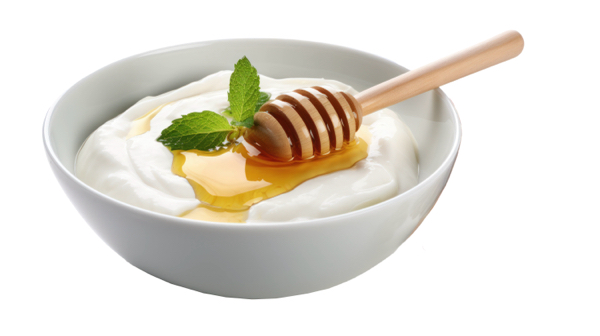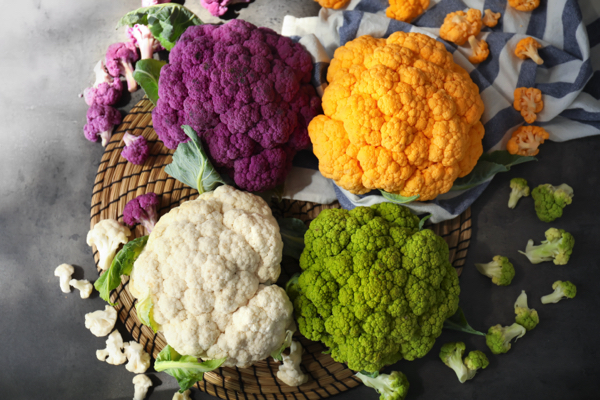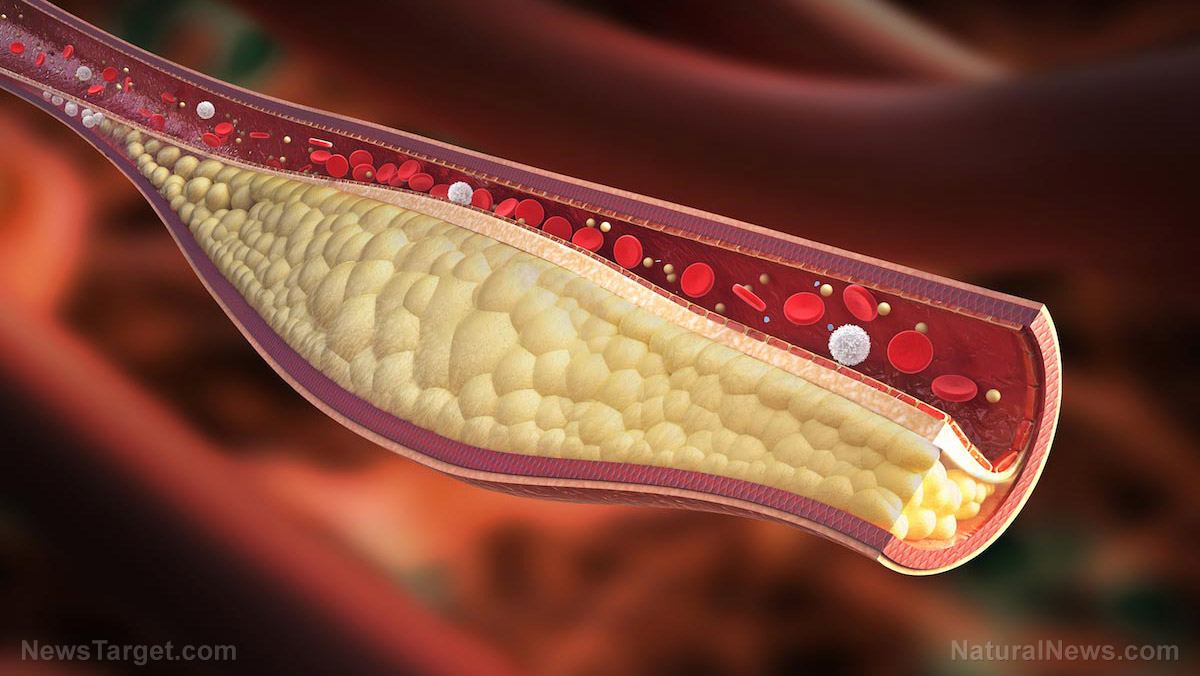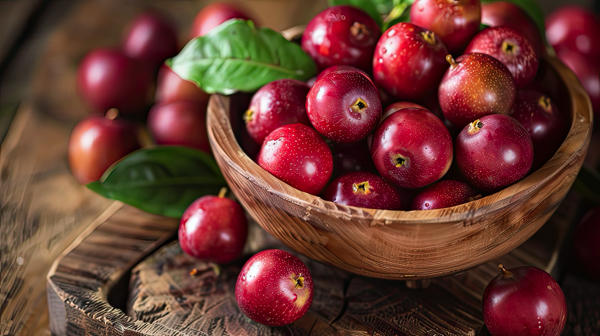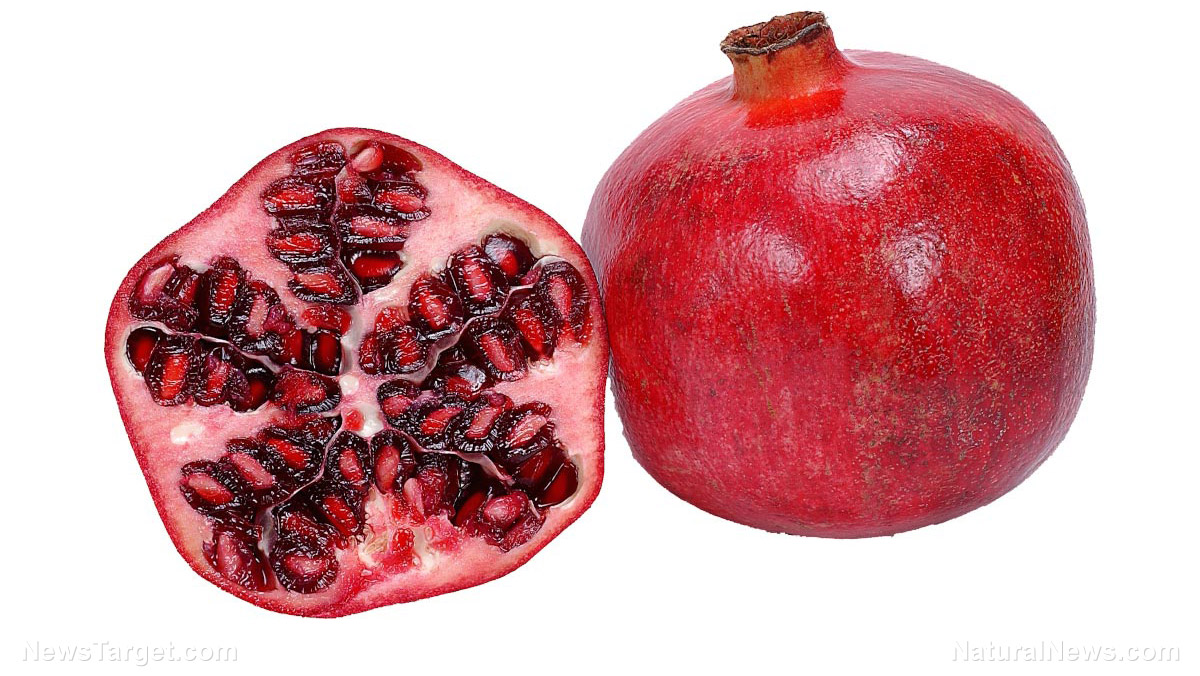Blueberries: Nature’s MIRACLE MEDICINE for optimal heart health and brain function
09/05/2024 / By Olivia Cook
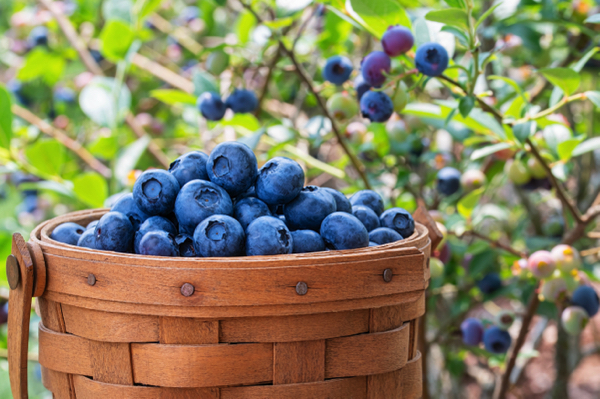
Blueberries seem like just another popular fruit, but they’re a powerhouse of antioxidants and phytonutrients that can do wonders for your body and mind.
These tiny blue superfruits are more than just a sweet snack. Adding a handful of these berries to your diet could be one of the simplest, most delicious ways to enhance your health and prolong your lifespan.
Blueberries are packed with important vitamins and minerals that your body needs to stay healthy. They are a good source of vitamins like vitamins A, B6 (pyridoxine), B9 (folate), C, E and K1 (phylloquinone). They are also loaded with essential minerals, such as calcium, copper, iron, magnesium, manganese, phosphorus, potassium and zinc.
Just one serving of these berries can give you a big boost toward your daily nutritional goals – providing 36 percent of your vitamin K needs, 25 percent of manganese, 24 percent of your vitamin C and 14 percent of dietary fiber. Also, blueberries are naturally low in cholesterol, saturated fat and sodium, making them a heart-healthy choice for any diet.
Blueberries improve brain health and cognitive function
The antioxidants in blueberries, especially anthocyanins and flavonoids, help protect your brain from damage caused by free radicals. A 2023 study published in The American Journal of Clinical Nutrition showed that consuming the equivalent of 178 grams of fresh blueberries daily in the form of wild blueberry powder led to noticeable improvements in cognitive function for older adults at risk of cognitive decline. This suggests that polyphenols in wild blueberries can enhance memory and executive functions.
Supporting these findings, a 2021 review from the International Journal of Molecular Sciences highlighted that the antioxidant anthocyanins in blueberries help guard against factors that accelerate brain aging and contribute to neurodegenerative diseases. The review found notable improvements in memory and some reported enhancements in attention, executive function and psychomotor speed.
Furthermore, a 2019 review of 11 studies published in The Journals of Gerontology, Series A, Biological Sciences and Medical Sciences linked a higher intake of flavonoid-rich foods, such as blueberries, to better brain performance. This includes cognitive processes, such as executive function and improved memory in children aged seven to 10, and enhanced executive and psychomotor functions in adults aged 60 and above. (Related: Blueberries: Superfood that can help you improve brain health.)
Blueberries improve heart health and cardiovascular function
Thanks to their high soluble fiber content, these little berries help your body manage cholesterol levels by binding to cholesterol and bile in the gut and removing them from the body. Since bile contains cholesterol, bile acids and other components, getting rid of it is crucial for keeping your cholesterol levels in check, which is important for maintaining heart health.
In addition to fiber, the anthocyanins and polyphenols in blueberries reduce inflammation and improve blood flow by helping clear plaque from arteries. Research published in The British Journal of Nutrition found that blueberries can help prevent the oxidation of LDL (bad) cholesterol, which is a significant step in lowering the risk of heart disease.
Moreover, blueberries support healthy blood pressure. They are packed with nutrients, like calcium, magnesium and potassium, which are vital for regulating blood pressure. These fruits are also a natural source of nitric acid, a molecule that helps relax blood vessels – further contributing to lower blood pressure.
Learn more about wonderful superfoods like blueberries at Superfoods.news.
Watch this video discussing how blueberries are a “miracle medicine” for heart, brain and digestive health.
This video is from the Natural News channel on Brighteon.com.
More related stories:
Polyphenols in wild blueberries can help lower blood pressure and boost brain function.
Study: Regular consumption of blueberries can reverse cognitive decline among the elderly.
Berry good: Researchers discover lifespan-extending compound in blueberries.
Sources include:
Submit a correction >>
Tagged Under:
blueberries, brain health, cardiovascular health, cognitive health, food is medicine, heart health, nutrition, research
This article may contain statements that reflect the opinion of the author
RECENT NEWS & ARTICLES
HealthScience.News is a fact-based public education website published by Health Science News Features, LLC.
All content copyright © 2018 by Health Science News Features, LLC.
Contact Us with Tips or Corrections
All trademarks, registered trademarks and servicemarks mentioned on this site are the property of their respective owners.






